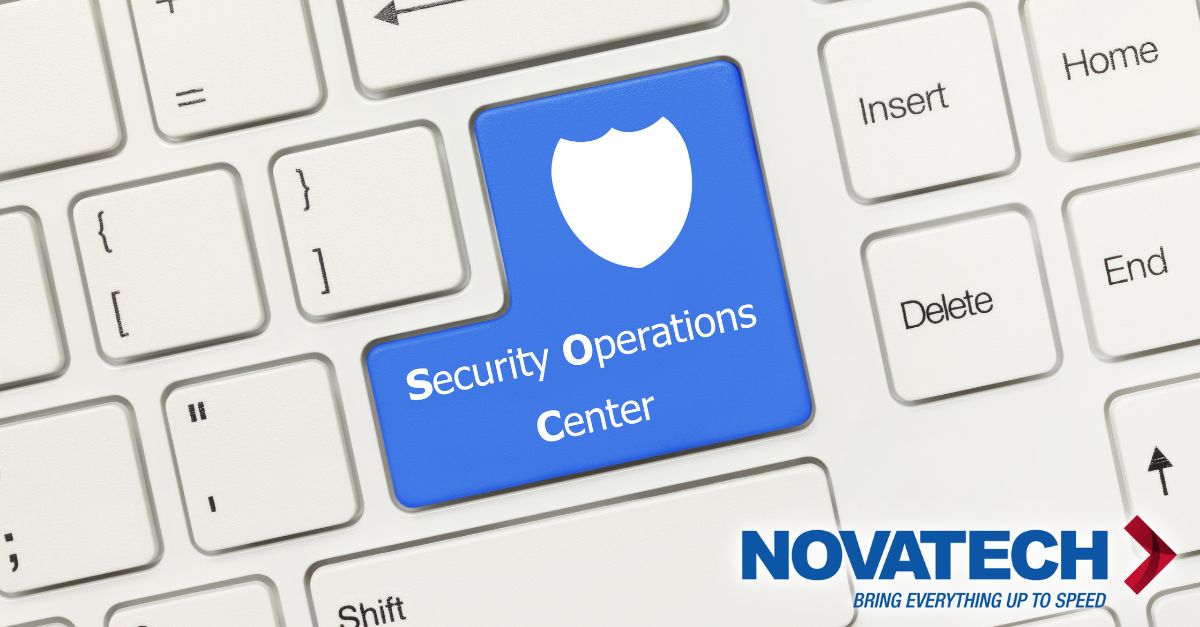Understanding SOC 2 Compliance: Keeping Customer Data Safe
3 min read

Key Takeaways:
- SOC 2 is like a promise that a company keeps customer information safe.
- It focuses on five main areas: keeping data secure, making sure services are available, ensuring processes work correctly, keeping confidential information secret, and protecting people’s privacy.
- A special report by an independent auditor shows that a company meets SOC 2 standards, which is good for business and customer trust.
When there is so much we do online, it’s crucial for companies that handle our data, especially those in technology and cloud services, to show they’re serious about protecting it. That’s where SOC 2 compliance comes in. It’s a set of rules set by the American Institute of CPAs (AICPA) to help these companies do just that.
What Is SOC 2 Compliance?
Imagine SOC 2 as a high standard for how companies should take care of your data. It’s not just about keeping hackers away; it’s about making sure the company is doing everything it can to protect the information you trust them with. And it’s not one-size-fits-all; companies can choose which areas they want to focus on, but they must always include security.
Key Benefits of SOC 2 Compliance
SOC 2 compliance offers several benefits for organizations that prioritize data security and integrity. Here are three key advantages:
- Enhanced Trust and Credibility: One of the most significant benefits of SOC 2 compliance is the increased trust it builds between service providers and their clients. When a company can demonstrate SOC 2 compliance through an independent audit, it reassures clients that the company is committed to protecting their data.
This level of transparency and accountability can significantly enhance the company’s reputation and credibility in the market, making it more attractive to potential clients who value data security.
- Improved Security Posture: SOC 2 compliance requires organizations to establish and maintain rigorous security measures aligned with the SOC 2 trust principles. This process involves regular assessments of security practices, identification of vulnerabilities, and implementation of corrective actions to mitigate risks. As a result, organizations that achieve SOC 2 compliance often experience an overall improvement in their security posture, reducing the likelihood of data breaches and cyber-attacks. This not only protects the organization and its clients from potential harm but also minimizes the financial and reputational damage associated with security incidents.
- Competitive Advantage: In an increasingly competitive business environment, being SOC 2 compliant can provide a significant competitive edge. For companies that offer technology or cloud services, demonstrating adherence to recognized security standards can differentiate them from competitors who may not have the same level of certification.
This advantage is particularly relevant when bidding for contracts or partnerships where data security is a critical consideration. Clients and partners are more likely to choose providers who have proven their commitment to security through SOC 2 compliance, leading to new business opportunities and sustained growth.
The Five Key Areas of SOC 2:
- Security: This is about keeping data safe from unauthorized access or theft.
- Availability: This means making sure that the services a company offers are always up and running as promised.
- Processing Integrity: This ensures that the company’s systems do their job correctly and on time.
- Confidentiality: This is about making sure only the right people can see sensitive information.
- Privacy: This focuses on protecting personal information and making sure it’s used in the right way.
Companies get a report from an independent auditor to show they meet SOC 2 standards. This report is a big deal because it tells customers and partners that the company is reliable and takes data protection seriously.
FAQs About SOC 2:
Q: What does SOC 2 stand for? A: SOC 2 stands for Service Organization Control 2. It’s a set of rules for how companies should protect and handle customer data.
Q: What is included in a SOC 2 audit? A: In a SOC 2 audit, an independent auditor checks if a company’s controls and processes meet the SOC 2 standards. They look at everything from security policies to how well the company keeps customer data safe.
Q: Do all companies need to be SOC 2 compliant? A: Not all companies need to be SOC 2 compliant, but those that handle or store customer data, especially tech and cloud services, should consider it to build trust with their customers.


